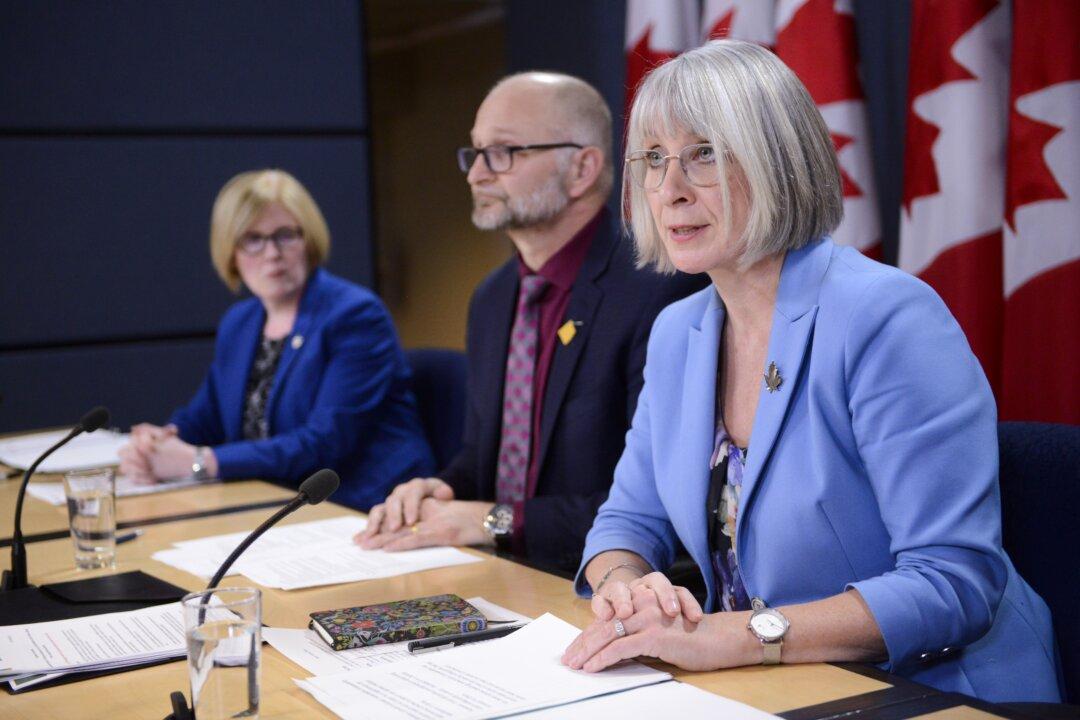The number of Canadians seeking medically assisted dying grows with each passing year, a trend that is expected to continue due to its legal expansion and other trends in society and health-care delivery.
In 2020, 7,595 Canadians received medical assistance in dying (MAiD). This was an over 34 percent increase from 2019’s 5,660 figure, but 2.7 times the 2017 number of 2,838, the first full year assisted suicide was legal in Canada. The statistics were published in Health Canada’s second annual report on MAiD released at the end of June.





